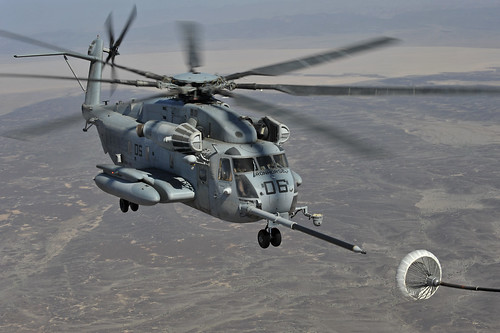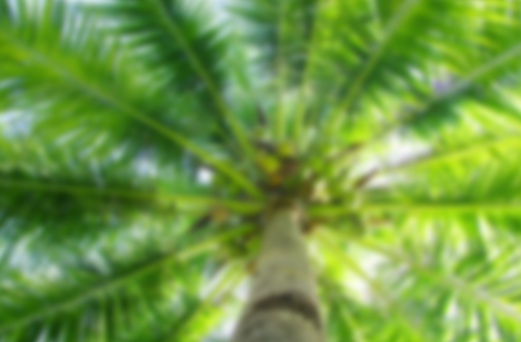
Helicopter Air Refueling Mission
Djibouti is strategically located along the Red Sea, about one third of the way down the “Great Horn” of Africa’s East Coast. It is positioned at the southern entrance to the Red Sea, making it an important point of trade between Europe and Asia. This tiny, sun-parched country offers tourists beaches, water sports, and natural features such as dormant volcanoes, lava fields, and deserts like the Afar Triangle.
Djibouti is bordered by Eritrea in the north, Ethiopia in the west and south, Somalia in the southeast, and the Gulf of Aden in the east. Much of Eritrea is desert, especially in the interior. The coastal plains are low-lying, but gradually rise westward to form a series of mountain ranges with elevations averaging 5,000 feet. The mountain slopes are forested. The terrain beyond features high plateaus and sunken plains; it is a desolate country broken up only by patches of grass and shrubs. This area is roamed by nomadic herdsmen.
Attractions
Djibouti’s best tourist attraction is its beaches along the Red Sea coast. The best beaches are located at Khor-Ambado and Dorale, which both stretch about 10 miles and offer safe swimming. Another good beach is at Ghoubet al Kharab, noted for its black-lava cliffs that loom over the sands. More beach and water fun can be found at the Gulf of Tadjoura, especially at Obock where waterskiing and windsurfing is popular. You’ll many numerous species of fish as well as coral reefs that provide excellent snorkeling, scuba-diving, and opportunities for underwater photography. The best time to visit is during the winter and spring months when the Red sea is clear.
Lake Assal, which is only an hour’s drive away from the beach at Ghoubet al Kharab is a gem surrounded by lava fields and dormant volcanoes. The lake features one of the lowest surface areas in the world at 570 feet below sea level.
Lake Abbe is another notable lake in Djibouti. It can be reached by driving a 4-wheel drive vehicle, which by the way can be used to windsurf on wheels in the desert areas. At Lake Abbe, visitors enjoy the view of natural steaming chimneys and flocks of pelicans and flamingoes.
Another natural attraction is the Afar Triangle in the Great Rift Valley area of Djibouti. It is one of the hottest and most desolate places in the world. Much of this flat desert stretch is below sea level.
Climate
Djibouti is intensely hot. Temperatures generally average over 32° C (85° F). Very little land in the country is arable and there are no river streams or freshwater lakes. Water has to be drawn for irrigation. Rainfall is also erratic. While the highlands receive more than 20 inches a year, the coastal areas get less than 5 inches of annual rain.
People
Most of the people in Djibouti are nomads, raising cattle, donkeys, camels, and sheep. The country has virtually no natural resources and no arable land. It survives economically mainly as a result of the port of Djibouti, which is a port of call for ships using the Suez Canal. The port is also Ethiopia’s main outlet to the sea, which brings the country some measure of revenue. Half of Djibouti’s income, however, is derived from French aid.
History
In ancient times, Djibouti exported frankincense and myrrh. It is recognized in the Gospels as the home country of the Three Wise Men who came bearing gifts to the infant Jesus. In antiquity, salt was traded in Djibouti for its weight in gold and the people depended entirely on transit trade and activities, as they still do today. The country has long been the starting point of migrations from Africa to Asia.
Between the 8th and 10th centuries, Djibouti was conquered by the Arabs, who brought the religion of Islam. For centuries afterwards, the region was isolated from the rest of the world. In 1862, however, tribal chiefs ceded the territory to France. The French expanded the colony south and was able to dominate shipping through the Suez Canal when it opened in 1869 as a result.
In 1967, Djibouti was divided into the French Territory of Afars and the Issas. Both were united and granted independence in 1977. Ethnic violence in the 1980s, early 1990s, and in 2000 resulted in many refugees fleeing to the country from neighboring Somalia, Ethiopia, and Eritrea. During the 1990s, the country suffered from a decade-long civil war between the government and Afar rebel groups. While a peace accord was signed in 2001 and a multiparty system introduced, Djibouti continues to be plagued even today by ethnic tensions between the Afars and the Issas.


Comments